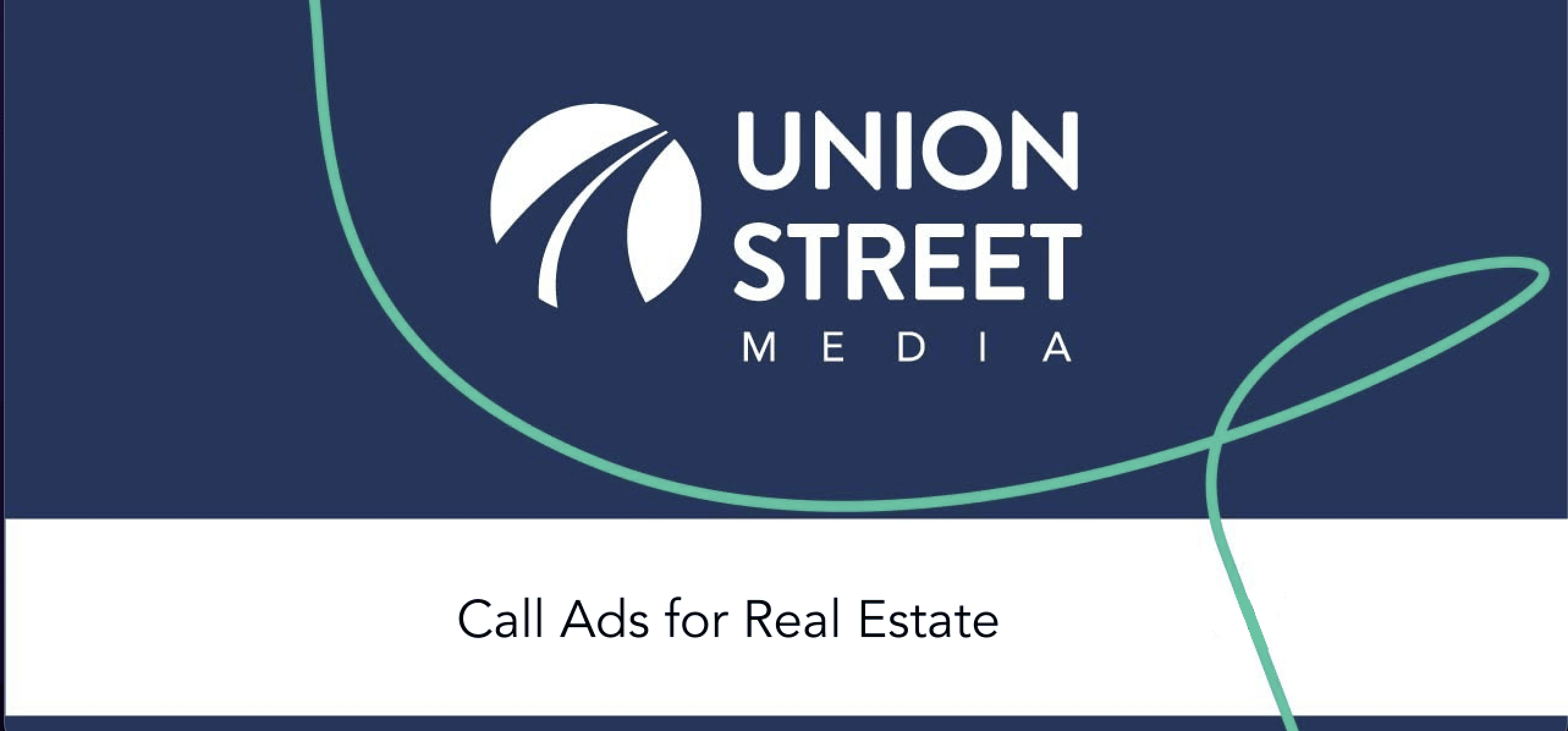The 10 Best Online Marketing Tools for Real Estate
If there’s one sure thing in the real estate industry, it’s that a well thought out, integrated digital marketing strategy is a must. Since almost all home buyers start their search process online and 44% of homeowners check their home’s valuation online every month, a strong digital presence is necessary to reach buyers and sellers.
While many real estate companies find trusted partners to handle their omnichannel digital marketing needs, including branding and content, advertising campaign management, SEO for real estate, and more, options exist for those looking to do their own online marketing. We’re big fans of some of the tools below and definitely think there’s a time and place for them. Read on for some tips to get started with or level up your digital marketing strategy. Contact us with specific questions or to get personalized recommendations on what’s next for you.
The 10 Best Online Marketing Tools for Real Estate:
- Canva – Canva is a photo editing and graphics creation tool similar to Adobe Photoshop, but on a simpler scale. It’s a great tool for agents wanting to create custom graphics without having to learn Photoshop. And it’s cheaper too, with several versions including a free version and a more feature-packed version that’s still an affordable $30 a month. Canva offers plenty of templates to use to build graphics for your real estate website, social media, online advertising, email marketing, listing presentations, brochures, and more. Though it doesn’t offer as many features as Photoshop, it makes up for it in being extremely easy to use and providing a ton of eye-catching options.
- Google Ads – Online advertising offers an incredibly cost effective way to reach your ideal customers, generate buyer and seller leads, and get in front of other real estate agents if you’re looking to recruit talented agents. With Google Ads in particular, you’ll be able to set goals, choose where, when and to whom you want your ads to appear, set a budget, experiment with different bidding strategies, run AI-driven ads, and leverage insights to continuously alter and improve your ads. The only downside to Google Ads is the wealth of features the platform offers, including new features and updates that Google is constantly introducing. Because of this, it can take a while to become an expert in how to best leverage the platform, avoid overspending, and get the best results.
- Mailchimp – Email marketing continues to be the real estate marketing tactic with the highest ROI, and we recommend all real estate companies leverage email marketing to drive new, repeat, and referral business. If you’re looking for the simplest tool to use to start your email marketing, look no further than Mailchimp. With Mailchimp, you can design email templates, build campaigns (such as newsletters, neighborhood or market related drip campaigns, welcome emails, and more), create contact lists (and segment them, too!), perform A/B testing on things like subject lines, automate follow-up marketing, and use insights to adjust and plan your future campaigns. Mailchimp’s pricing is a subscription plus volume model if you surpass the limits included at each level. Subscriptions range from free to premium, which starts at $299 a month.
- Hootsuite – Running social media for real estate is a big task. Between planning the content you’re going to create and maintaining a consistent posting schedule, it takes a lot of time and energy to develop, manage, and optimize an effective social media strategy for real estate. Hootsuite helps you plan, create, and schedule out social media posts across multiple channels to streamline the process. Plans range from $49 a month to $599 a month based on how many users you want to be able to access the platform. A good alternative to Hootsuite that we also like is Sprout Social.
- Ahrefs – The value of having a good SEO strategy for real estate cannot be overstated. If your website doesn’t appear on the first page of Google today, it’s almost as if your business doesn’t exist as it’s unlikely your website will be found. Ahrefs provides SEO tools that help you identify keyword opportunities by looking at search volume, ranking difficulty, and other factors. It’s a quick way to discover what your audience is interested in and identify potential gaps in your competitors’ strategies so you can carve out a niche for yourself and start optimizing your website for searches that will get you found online by the people you want. Prices for Ahrefs range from $99 a month to $999 a month for more tools and more users.
- Adobe Stock Photos – While taking your own photos is recommended, a lot of people use a blend of professionally shot, unique photographs, and stock photos. Taking high quality, unique photos of listings, for example, is a must. For web content like neighborhood and area information, blog posts, social media, and more, there are plenty of good stock photo options that will cost a lot less and take less time to get. Regardless of where you source the photos, high-quality visuals are essential for the best digital marketing strategies for real estate. For those who don’t have access to professional camera equipment, the time to go out and take their own photos, or the desire to pay someone to take all of their photos, we recommend Adobe Stock Photos. Adobe offers a massive selection of images and video clips to choose from, and several subscription options. Prices range from $29 a month to $199 a month for a varying number of photos, and photo licenses can also be purchased individually.
- Parkbench – Parkbench connects REALTORS® all over the country to help them build their sphere of influence and become a leader in their local market. Since the real estate industry thrives on referrals, we recommend exploring Parkbench, similar platforms, and associations to ensure you’re well positioned to both get and receive quality referrals.
- Follow Up Boss – Having a good CRM, or Customer Relationship Management platform, makes managing leads easier, keeps you organized, and helps you close more business. Follow Up Boss is one of our favorite CRMs for being incredibly easy to use and offering intelligent features like “Smart Lists” that help you classify and manage your leads, even making recommendations for how and when to contact them. Follow Up Boss’ analytics help you track your productivity and identify opportunities. And with dozens of integrations, Follow Up Boss seamlessly works with the other technology products you need to run your real estate business.
- Social Media – Okay, okay, we couldn’t have a top ten list if we broke out every social media platform separately, so consider this the catch-all. Social media marketing is one of the best ways to grow your real estate business online and is key to attracting leads. Keep in mind that you don’t have to be on every single platform – every company and audience is different so it’s important to find what works for you. The most popular social media platforms for real estate are Facebook, LinkedIn, Instagram, and Twitter, although others, like YouTube, can be very effective for real estate marketing. Each platform has unique features and should be thought of as its own marketing channel, with content and messaging that’s tailored to that platform. That said, while there’s a lot of work involved in developing a comprehensive social media marketing strategy, creating engaging content, and optimizing it for the best results, the tools that social media platforms provide to manage your profiles and content are almost universally straightforward to use and supported by a lot of online documentation in case you get lost. Facebook Ads Manager, as one example, is a fairly intuitive platform. We also recommend exploring tools like Hootsuite or Sprout Social (see #4 above) to manage your social media content, which simplifies the process even further, although some social media advertising has to be run directly through the platform’s ad manager.
- Google Analytics – Google Analytics is hands down our favorite marketing tool. Why? Because there’s no point in spending your time and money on marketing your real estate business online if you’re not going to commit to understanding what’s working or not and to take action from that knowledge. Google Analytics is the most widely used website analytics tool available, used by 40 million+ websites. It’s free, super easy to set up, and allows you to track and understand your visitors’ behavior, user experience, landing pages and content, device functionality, channel performance, and so much more. Put simply, it’s the best tool to use to know the best place to spend your next marketing dollar. You can even use special tracking codes called UTM parameters to track the effectiveness of offline marketing promotions as well as online efforts.
There are so many more marketing tools for real estate companies that we could spend hours (or pages!) covering them all. The bottom line is that digital marketing for real estate shouldn’t be this daunting thing that’s only done when it can be done perfectly. Get started today and let progress prevail over perfection! And if you get lost, give us a call. We’re happy to help.










